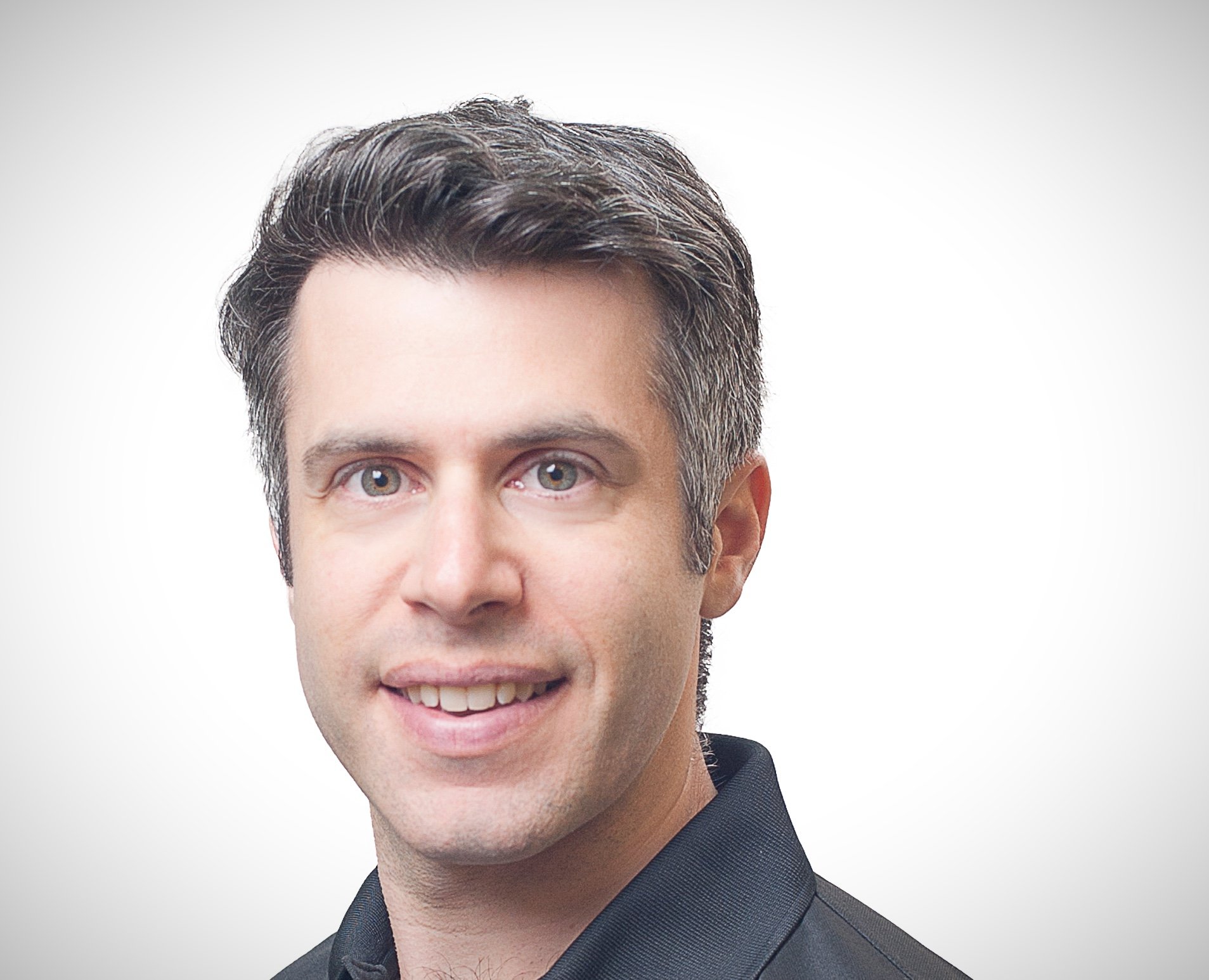On a recent trip to Tucson, Arizona, I cracked open a copy of Chasing the Invisible, an autobiography by one of the city’s local heroes, Dr. Thomas Grogan. A decorated pathologist and clinician-innovator, Dr. Grogan is best known as the founder of Ventana Medical Systems, a medtech firm that pioneered the use of automation in tissue biopsies and drove many important advances in cancer care.
Published in 2019, Chasing the Invisible is an inspirational memoir that centers on Dr. Grogan’s experience in launching, building, and ultimately selling Ventana to the Roche Group, the Swiss multinational healthcare giant, for $3.4 billion in 2008. It also traces his unusual upbringing as the child of a CIA operative, and the formative experiences that led him into laboratory medicine.

Building upon the story laid out in the book, Dr. Grogan recently talked to Lab Insights, an online community and data hub for clinical lab professionals that is operated by Roche Diagnostics Asia Pacific in Singapore (I am employed by the company and manage the site’s educational content). In the three-part video Q&A series, Dr. Grogan offers many pearls of general wisdom about healthcare innovation, entrepreneurship, and leadership.
Here are my three top takeaways.
Be prepared to fight institutional inertia
Dr. Grogan first developed the idea of an automated instrument for tissue biopsies while working as an academic pathologist at the University of Arizona. At the time, the university had a policy that employees were not allowed to spin out private companies. When he asked for an exception, the university attorney denied the request, on the basis that such activities were illegal under Arizona law.
At first, Dr. Grogan didn’t take no for an answer, making the case that top research universities like Stanford have built incredible innovation ecosystems and massive endowments by allowing professors to start companies. Those startups typically receive access to the university community in exchange for an equity stake. When he was denied a second time, however, he almost lost heart and abandoned his efforts.

Fortunately, Dr. Grogan had supportive colleagues who encouraged him to keep pushing back against institutional inertia. They ultimately convinced the president of the university to bring them before the Arizona legislature and make the case for a change in state law. Their success enabled Dr. Grogan to continue working on Ventana and paved the way for others in the university community to pursue their entrepreneurial dreams.
Make a “total commitment” to customer support
Customer service and support are rarely considered the sexiest part of a business, but according to Dr. Grogan, they are utterly essential for the success of any healthcare startup. While you must have a differentiated product that works smoothly, it’s just as important to win the confidence of customers by making sure you are there when things go wrong.
“Once you enter hospital practice, you have to be good every single day, which is technically very daunting,” he says. “You get called at home, and you’d get on the plane the next day and get there with an engineer and be on it.”
So how do you inspire your customer service and support team to always be on the top of their game, not just for routine maintenance but also for such emergency calls that might come late on a Saturday night? “That Saturday night may be the most important moment in a patient’s life,” he says, “so instilling that sense of urgency is very important.”
Bring in the patient perspective wherever possible
For healthcare startups with B2B business models, it’s sometimes easy to lose sight of how products will ultimately impact patients. For this reason, Dr. Grogan always made a point to interview patients at his quarterly employee meetings.
One recurring theme that came up during those interviews was the overpowering stress that many patients feel when they first learn something is wrong with their health but lack a clear diagnosis and prognosis. Since many of his employees at Ventana were mid-career professionals in good health and without any personal history of major medical problems, this basic truth about the patient experience was, for many, a revelation.
“Medicine is something that occurs behind closed doors,” he notes, “so one of the things that comes out is that people realize that time matters.”
These words resonated with me on a personal level after my son was born last month with developmental delays and signs of a potentially serious congenital disorder. As my partner and I wait with bated breath for a clinical diagnosis, we can personally attest that “time matters” and deeply appreciate the medical technologies that may help provide us answers—sooner rather than later, we hope.
Will Greene is a Singapore-based healthcare writer and strategy professional. He currently serves as Healthcare Engagement Manager for Roche Diagnostics Asia Pacific, where he drives thought leadership for Lab Insights, a data hub and educational content platform for the clinical lab community. All views are his own.















